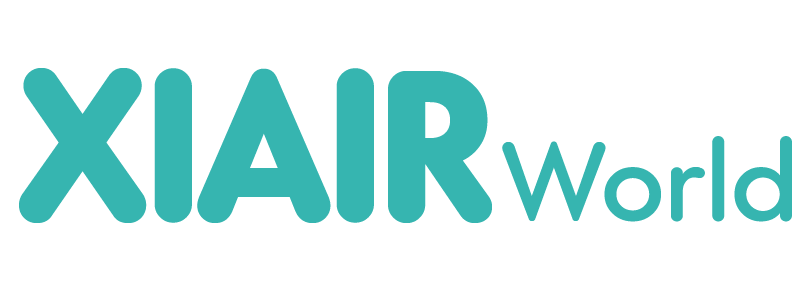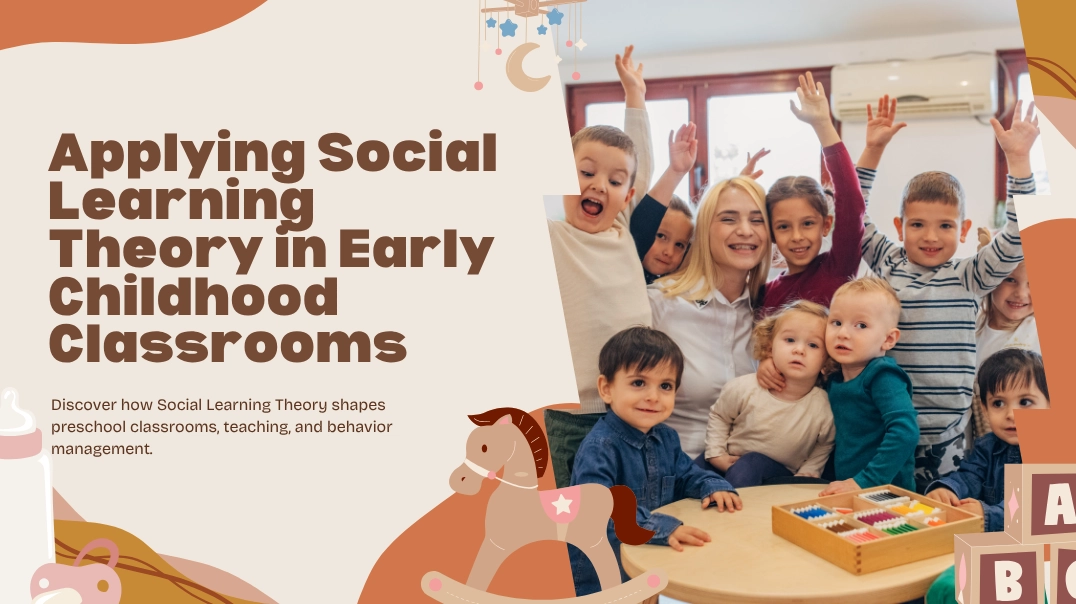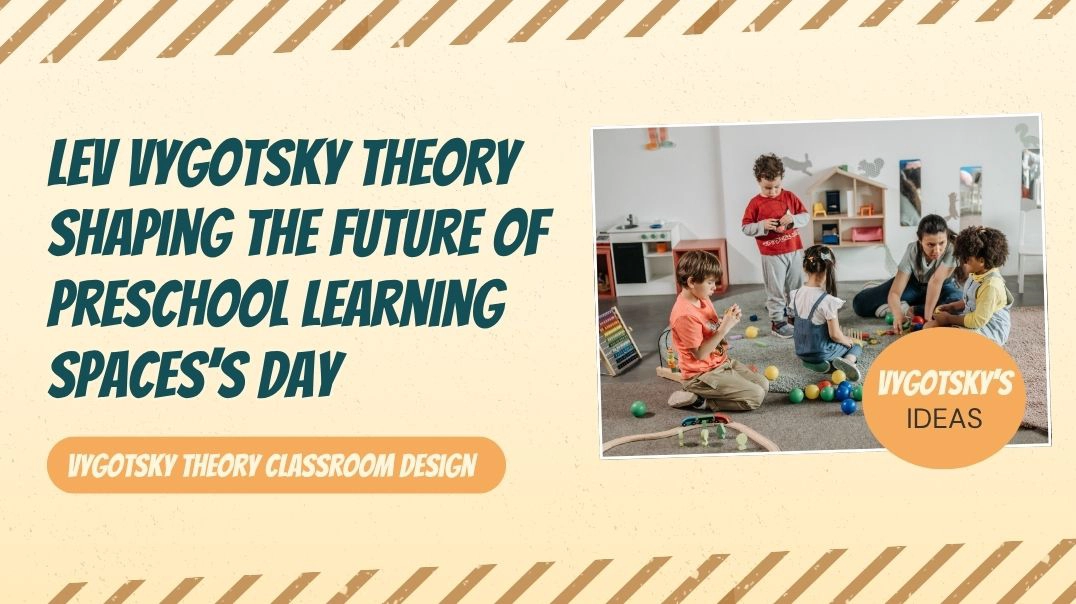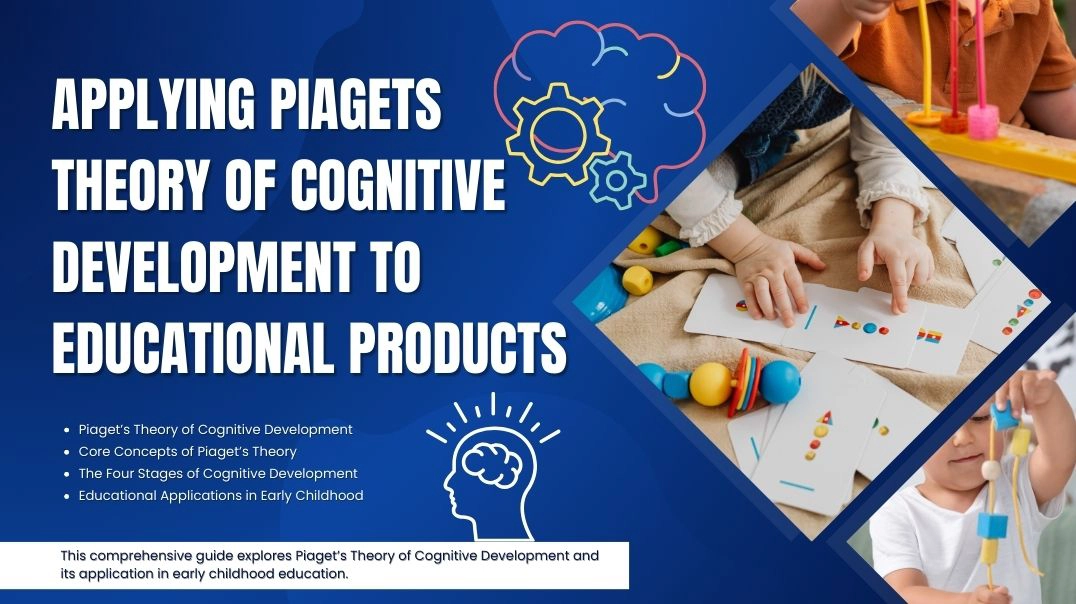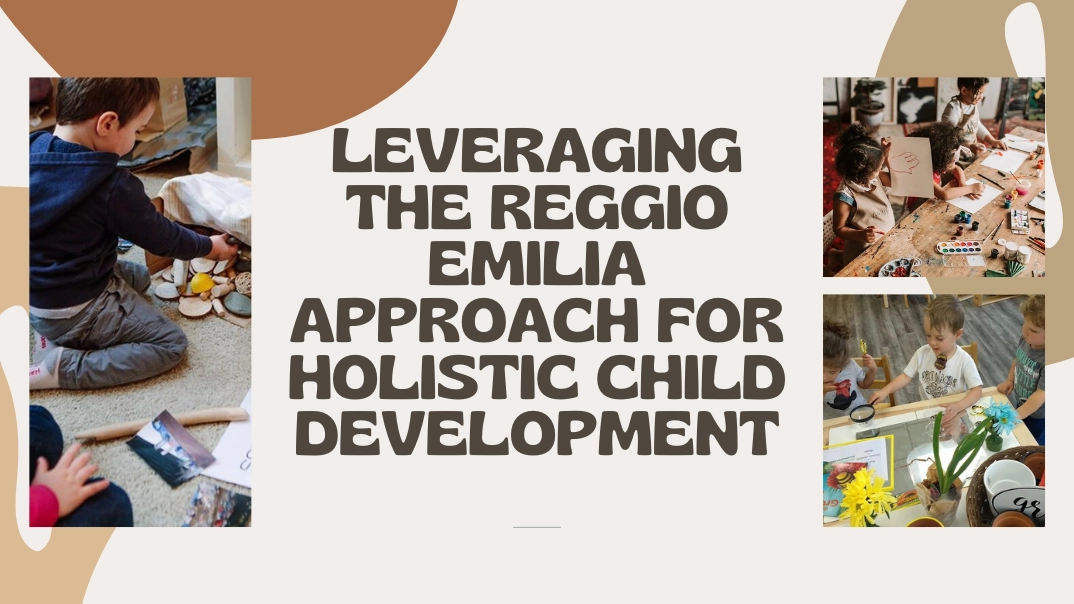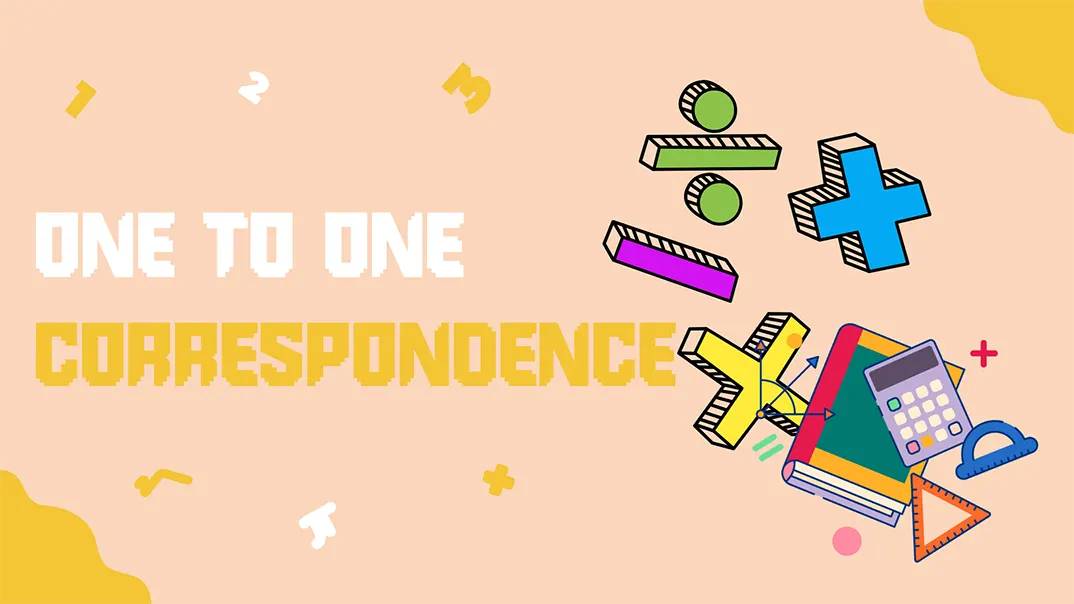
What Is One to One Correspondence: A Complete Guide for Early Childhood Education
This guide explains what one to one correspondence is, when and how children typically develop it, and practical ways to strengthen it through playful, hands-on activities. You’ll also discover strategies to overcome common challenges, effective assessment methods, and thoughtful adaptations to support diverse learning needs. Whether you’re a teacher or a parent, this article offers clear, actionable insights to make learning one to one correspondence engaging and effective.
